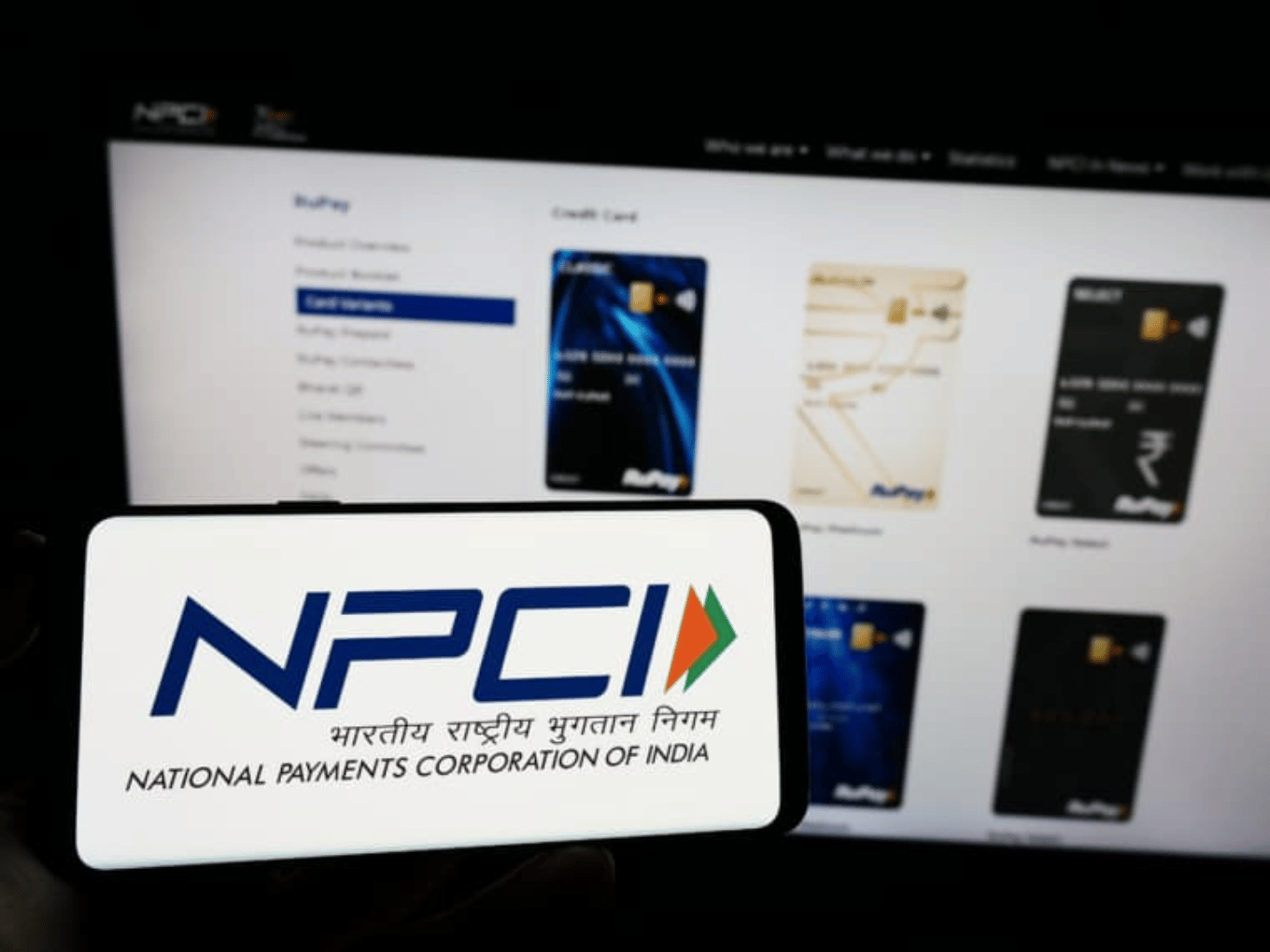While enabling biometric authentication on Android platforms for UPI transactions will mean the usage of fingerprint, it will be face ID verification for iPhones
NPCI’s discussions with startups are exploring the financial and legal terms of the partnership and both the PIN and biometric authentication are likely to coexist in the initial stage of the implementation
Just a week ago, RBI proposed alternate methods of additional factor of authentication (AFA) for digital transactions, including PIN, passwords, cards, and biometrics such as fingerprints, among others
The National Payments Corporation of India (NPCI) is reportedly in discussions with a host of startups to enable biometric authentication for the popular mobile-based UPI payments, Moneycontrol reported.
While enabling biometric authentication on Android platforms for UPI transactions will mean the usage of fingerprint, it will be face ID verification for iPhones.
This comes at the heart of the Reserve Bank of India’s (RBI) concern regarding the surge in UPI scams because of PIN-related frauds. The central bank said in its annual report that the number of online frauds in the country surged 334% year-on-year to 29,082 in FY24.
NPCI’s discussions with startups are exploring the financial and legal terms of the partnership and both the PIN and biometric authentication are likely to coexist in the initial stage of the implementation, the report added.
It is pertinent to note that as of now a personal identification number (PIN) is used for the second-factor authentication in the UPI transaction.
Just a week ago, RBI proposed alternate methods of additional factor of authentication (AFA) for digital transactions, including PIN, passwords, cards, and biometrics such as fingerprints, among others.
The central bank’s draft “Framework on Alternative Authentication Mechanisms for Digital Payment Transactions” aims to widen the choice of authentication factors available to payment system operators and users. RBI has sought comments and feedback on the draft framework by September 15.
The draft released was in alignment with the central bank’s announcement in February to adopt a principle-based “Framework for authentication of digital payment transactions” for digital security.
RBI terms any credential input by the customer that is verified to confirm the originator of a payment instruction as the factor of authentication. These factors are broadly categorised as something the user knows (such as password, passphrase, PIN), something the user has (such as card hardware or software token), and something the user is (such as fingerprint or any other form of biometrics).
Not to mention, UPI is the most used digital payment method in India with around 80% of the country using it for all online transactions. Another report by Amazon Pay said that Indian merchants process 69% of their transactions via digital payments.
Disclaimer
We strive to uphold the highest ethical standards in all of our reporting and coverage. We StartupNews.fyi want to be transparent with our readers about any potential conflicts of interest that may arise in our work. It’s possible that some of the investors we feature may have connections to other businesses, including competitors or companies we write about. However, we want to assure our readers that this will not have any impact on the integrity or impartiality of our reporting. We are committed to delivering accurate, unbiased news and information to our audience, and we will continue to uphold our ethics and principles in all of our work. Thank you for your trust and support.



![[CITYPNG.COM]White Google Play PlayStore Logo – 1500×1500](https://startupnews.fyi/wp-content/uploads/2025/08/CITYPNG.COMWhite-Google-Play-PlayStore-Logo-1500x1500-1-630x630.png)